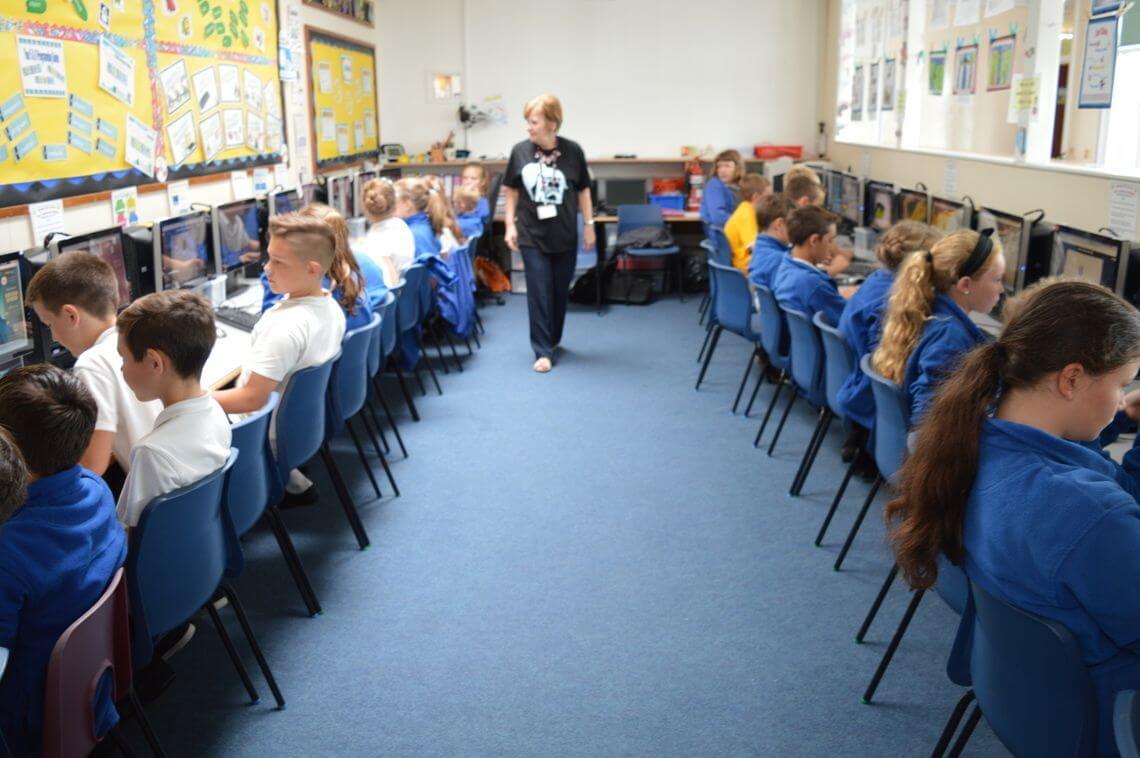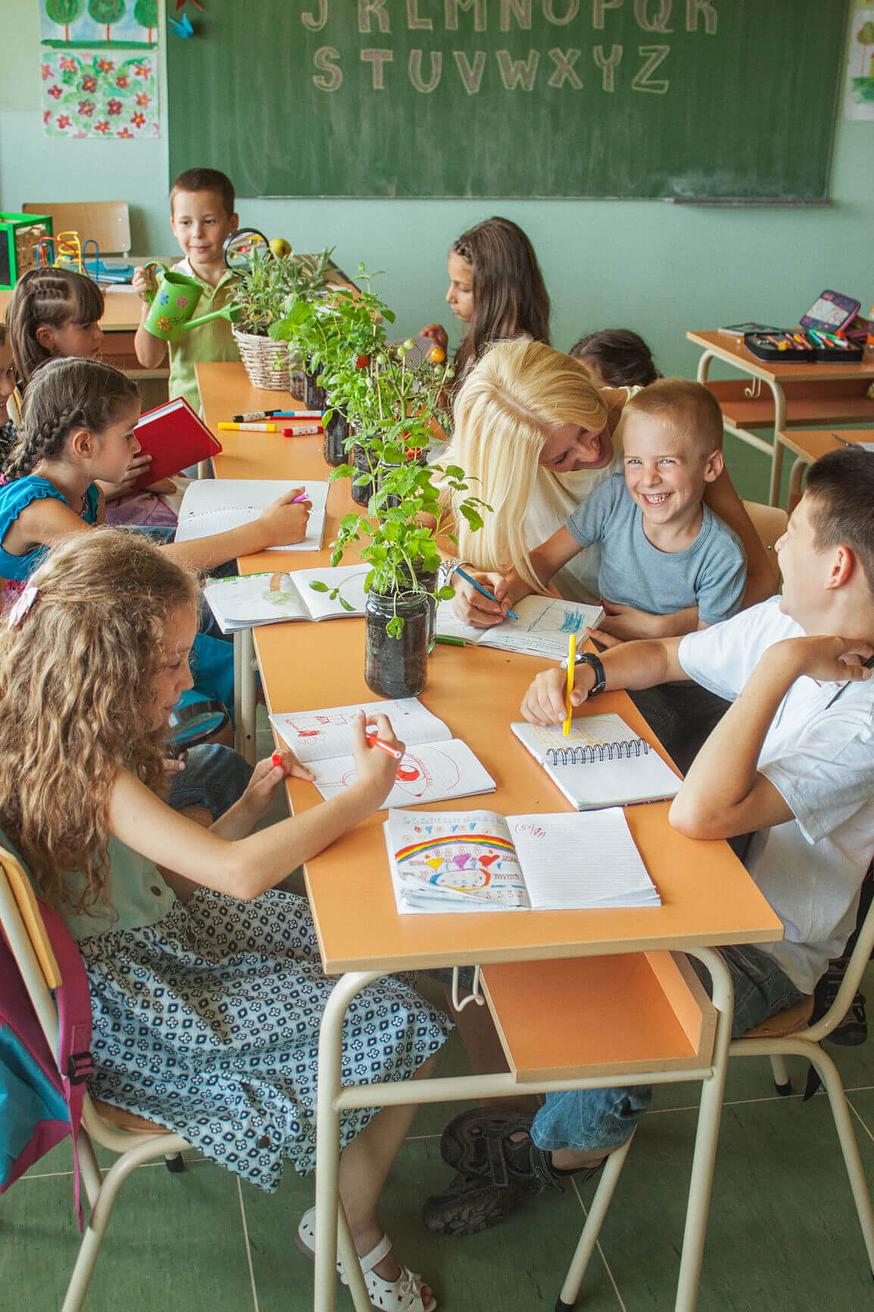Literacy and numeracy are the key skills that set up a child for their entire educational career, as well as for the rest of their lives. It’s fundamental to their success for them to grasp both of these subject areas early on in their education in order for them to move onto better and brighter things. However, though both of these education giants have been incremental to education since mass education’s conception, they are often the last subjects to be innovated. Unlike newer subjects such as coding or technology, literacy and numeracy are often taught in traditional ways. In order for us to make the most of the tools we have available to us today, and the knowledge gained from research into child development, we need to give both of these areas a shake-up to make them engaging for contemporary children and to help reach those who may otherwise have been left out of these skill sets, such as children with special educational needs.
So let’s take a look at the world’s most innovative solutions to literacy and numeracy...
1. Getting Children Ready for Literacy
Limited vocabulary is the first barrier to success that children face in their lifetimes. Starting school behind their peers’ in this vital area stops children from progressing at the expected rate for their age and means children are behind before they’ve even begun their education. And unfortunately, it is children from the most disadvantaged backgrounds who tend to be most at risk of starting school on the backfoot.
Talking Stickers aims to close this skills gap by using a unique play-based solution, where stickers are scanned using a phone or tablet and speak the word out-loud for the child to hear. Talking Stickers’ home-based learning system allows parents to become their child’s teacher, no matter their own literacy level, by using the stickers to teach children new vocabulary, songs and nursery rhymes. The stickers have been developed based on pre-existing, culturally appropriate early development materials, categorised into age specific bundles. These stickers promote play, develop reading and turn everyday objects into educational toys!

2. Inspiring Kids to Become Creative Writers
Once children have mastered literacy, it should be obvious that every child is capable of writing. However, children often feel uncomfortable, inadequate or unable to express themselves through the written word. Writing, which should be a fun, explorative activity, has become weighed down with expectation and is often thought of in a negative way, particularly by boys, as it’s a skill that is associated with assessment and examination. So how can we get kids excited to write?
Night Zookeeper is an online platform that inspires kids to write and gets them inspired to use their creativity. The platform gamifies writing and literacy, helping the creative aspect of writing become a natural reaction to the online world they’re experiencing, taking away the pressure of writing. Teachers can choose from thousands of interactive lessons from across the curriculum, which students can then access online. As students write, read and draw their way around the Night Zoo, they become publishers of their own creative ideas!

3. Making Literacy and Numeracy Playful to Give Every Child the Best Chance in Life
LEMA - literacy education and math lab, uses playful pedagogy to make sure that every child establishes a strong foundation of numeracy and literacy from first to fourth grade. Without establishing these skills early on in education, children fall behind and struggle to catch up, increasing the risk of school drop-out rates. By using playful instruction, LEMA is able to engage children from all backgrounds in their basic education.
Part of the program sees Learning Coaches coming into the school to help support the teachers. The Learning Coaches join classes every day for an hour to play, share, develop and create knowledge in five critical areas: reading, writing, math, reflection and relationships. By establishing these vital skills, LEMA helps to stop the poverty cycle for students at risk of exclusion from school, and therefore help every child to flourish!

4. Using Physical Activity to Boost Learning
Studies have shown that physical activity helps children to retain information, so doesn’t it make sense to get more movement into the school day? That’s the question UK-based Tagtiv8 asked themselves when creating their unique solution to innovating literacy and numeracy lessons.
Tagtiv8 uses physical, active learning approaches and ideas to combine English and Mathematics with physical activity. The team behind Tagtiv8 worked with children to develop their unique learning methods, to improve both their physical health and their education, and now 60,000 kids across the UK and abroad are using their active lessons!

5. Making Maths Lessons Playful and Fun for Today’s Children
Times tables have been a staple part of standardized education since it began, but are there better ways of teaching it to engage today’s children and help them to retain their tables? Times Tables Rockstars gamifies the multiplication process to make sure children are ready to take their mathematics education further and don’t fall behind.
Times Tables Rock Stars blends a programme of daily times tables practice with a rock star theme, with each week concentrating on a different times tables. Every third week, children rehearse previous times tables to make sure they’re retaining what they’ve learnt. The programme is available as paper worksheets, webgames and as an app, and has helped hundreds of thousands of pupils over the last nine years in over 15,000 schools worldwide.

Explore more innovations from our HundrED 2019 Global Collection here.
